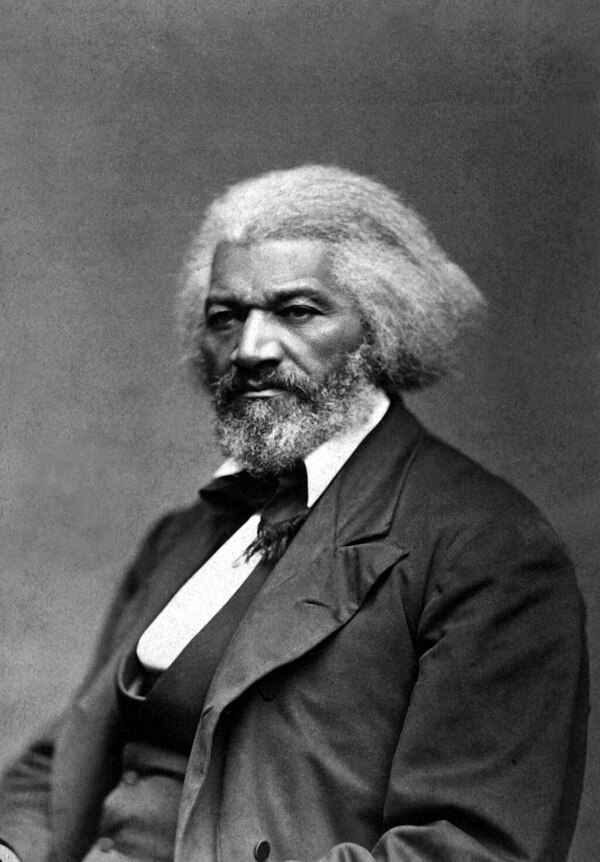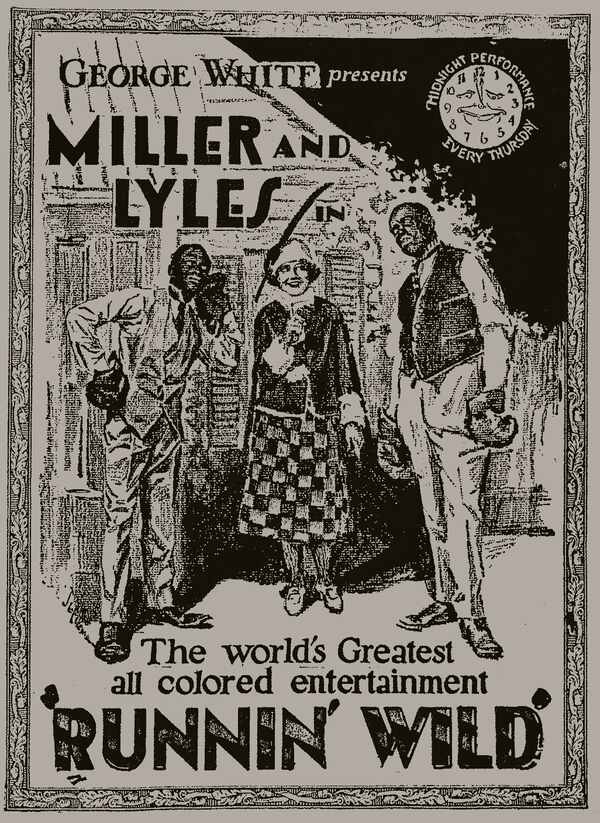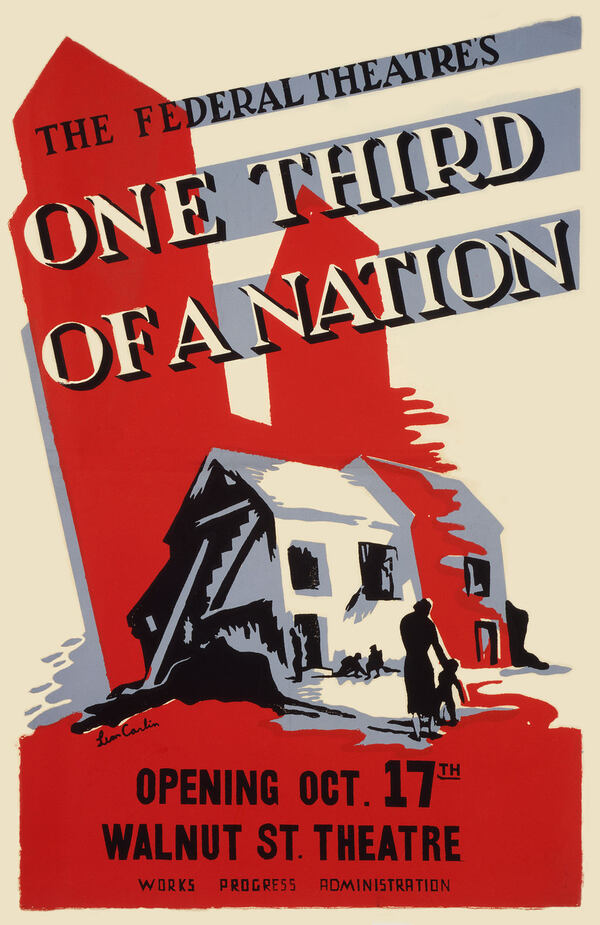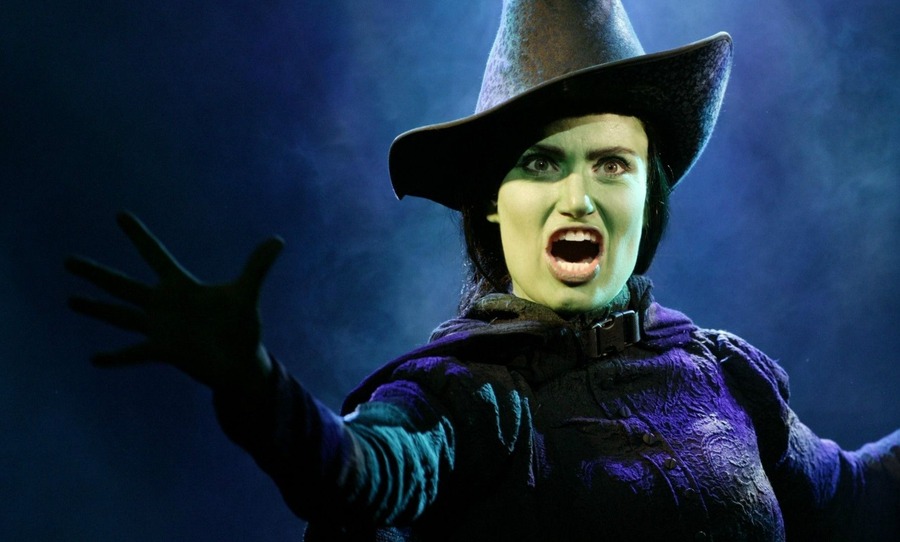October 1778 (245 years ago)
The Continental Congress banned military officers from attending or performing in theatrical productions. There had been previous attempts to ban theatre in the American colonies, but none that had proved fully effective, as theatre continued to be produced and patronized by civilians and soldiers alike. Frustrated with what they viewed as immoral activity, the Continental Congress passed the following resolution on Oct. 16: “Whereas frequenting play houses and theatrical entertainments has a fatal tendency to divert the minds of the people from a due attention to the means necessary for the defense of their country, and the preservation of their liberties: Resolved, That any person holding an office under the United States, who shall act, promote, encourage or attend such plays, shall be deemed unworthy to hold such office, and shall be accordingly dismissed.” The resolution passed, though without the support of New York, Maryland, Virginia, North Carolina, or Georgia.
October 1848 (175 years ago)

Frederick Douglass denounced white minstrel performers in his abolitionist newspaper, The North Star. In a Oct. 27 article reviewing a concert given by the Hutchinson Family Singers, white singers who were known for their abolitionist views and decidedly did not perform in blackface, Douglass addressed critics of the group who claimed the “abolitionism had ruined them” with his own criticism of minstrelsy. He described white minstrels as “the filthy scum of white society, who have stolen from us a complexion denied to them by nature, in which to make money, and pander to the corrupt taste of their white fellow-citizens.” He argued that preferring to watch minstrelsy rather than a group of “mountain warblers” like the Hutchinsons “betrays an unenviable state of mind, more to be deplored than blamed.”
October 1923 (100 years ago)

Runnin’ Wild premieres on Broadway at the Colonial Theatre on Oct. 29. Modeled after the success of Shuffle Along, the musical’s all-Black cast featured vaudeville comedy duo Flournoy E. Miller and Aubrey Lyles reprising their characters of Steve Jenkins and Sam Peck from the 1921 hit. As with Shuffle Along, Miller and Lyles wrote the book for this show, also set in a fictional burgh called Jimtown. It was “the closest any Black musical of the era came to repeating Shuffle Along’s success,” according to Gerald Bordman’s American Musical Theatre: A Chronicle. The production notably introduced the Charleston dance to the Broadway stage.
October 1938 (85 years ago)

Poster for the 1938 Philadelphia production of “One Third of a Nation” at the Walnut Street Theatre.(Federal Theatre Project, design by Leon Carlin, Library of Congress)
One Third of a Nation opens in Philadelphia at the Walnut Street Theatre. A Living Newspaper produced as part of the Federal Theatre Project, the play depicted the social problem presented by the lack of affordable housing. Originally produced in New York City earlier in the year, the script was revised and tailored specifically to events in Philadelphia. The city’s FTP unit started work on the editing process in March 1938 and took six months for rewriting, casting, and rehearsal before the Oct. 17 opening. It was the first Living Newspaper produced by the Philadelphia FTP unit, garnering critical praise and running for a total of 63 performances. The Philadelphia Inquirer wrote of the production: “Through spotlights, through black-outs, through the dance, through an explanatory voice, through films, through by-play between actors and audience—in short, through all the tricks of the theatre, stepped up to a modern pace—the story of slums, of the disease and crime they produce, is graphically and effectively told.”
October 2003 (20 years ago)
Wicked premiered on Broadway at the Gershwin Theatre, starring Idina Menzel as Elphaba and Kristin Chenoweth as Glinda. With music and lyrics by Stephen Schwartz and book by Winnie Holzman, the Broadway production was nominated for 10 Tony Awards, winning Best Actress for Idina Menzel, Best Scenic Design for Eugene Lee, and Best Costume Design for Susan Hilferty. Wicked also broke many records—often its own previously set records—for Broadway box office earnings, becoming the first musical to gross over $3 million in a single week in 2013. The musical, still running on Broadway today, spawned numerous national and international tours, and the filming of a two-part movie adaptation starring Cynthia Erivo and Ariana Grande began in Dec. 2022.
October 2018 (5 years ago)

María Irene Fornés, known as Irene to her friends, died at the age of 88. The Cuban-born playwright, director, and educator was well known for her influence on the American avant-garde and was a staple of the Off-Broadway scene, winning nine Obie awards across her 40-plus-year theatrical career. Her writing legacy includes such plays as Fefu and Her Friends, Sarita, Mud, Abingdon Square, and Letters from Cuba. Through her teaching work, including over a decade as the director of INTAR’s Hispanic Playwrights-in-Residence Lab, she also influenced a generation of playwrights. According to Paula Vogel, “She’s the most original of us all. In the work of every American playwright at the end of the 20th century, there are only two stages: before she has read María Irene Fornés and after.” Fornés was diagnosed with Alzheimer’s disease in 2005.


